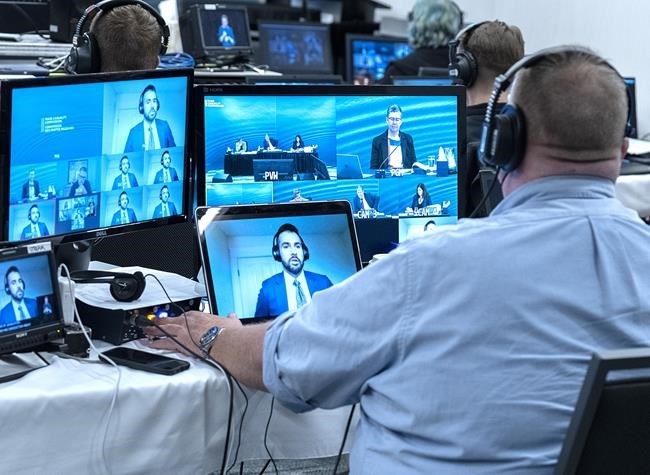HALIFAX — The inquiry into the mass shooting in Nova Scotia heard today from experts who warned that the federal and Nova Scotia governments have a poor track record when it comes to implementing recommendations from inquiries.
As a prime example, two experts pointed to the landmark inquiry into the 1971 wrongful murder conviction of Donald Marshall Jr., which called for sweeping changes to the province's criminal justice system.
Anthropology professor L. Jane McMillan says despite the inquiry's high profile, many of its long-term recommendations remain largely unfulfilled.
Heidi Marshall, co-founder of the Jane Paul Indigenous Resource Centre in Sydney, N.S., told the inquiry that the Royal Commission on the Donald Marshall Jr. Prosecution led to the establishment of a Mi'kmaq police service in Cape Breton.
But that failed five years later because of a lack of funding and jurisdictional squabbles.
McMillan, who wrote a book about Marshall Jr., says those leading the inquiry into the 2020 shootings must make sure their recommendations are accompanied by deadlines for implementation and some sort of accountability mechanism to ensure changes are made.
The federal-provincial inquiry is expected to wrap up its public hearings later this month, and its final report is due by March 31.
This report by The Canadian Press was first published Sept. 8, 2022.
The Canadian Press



